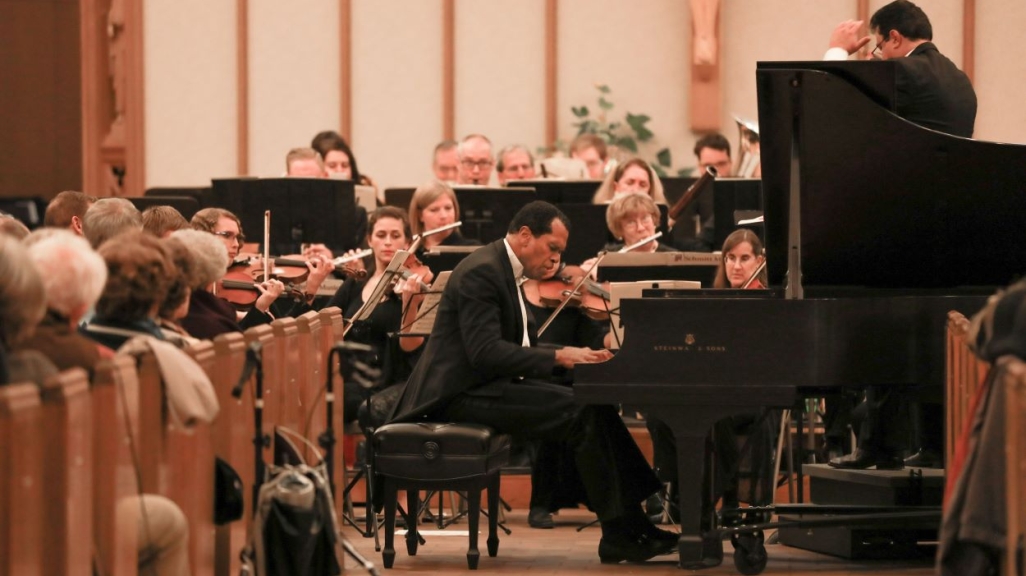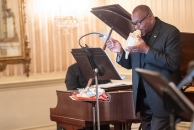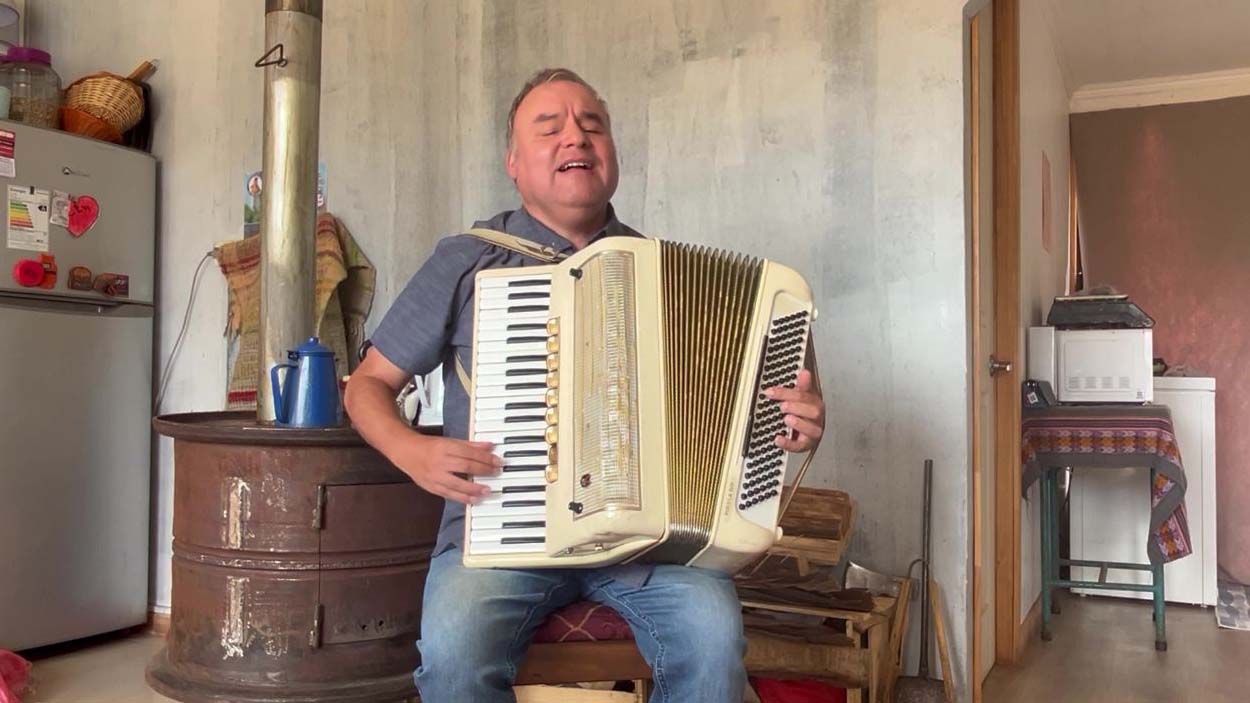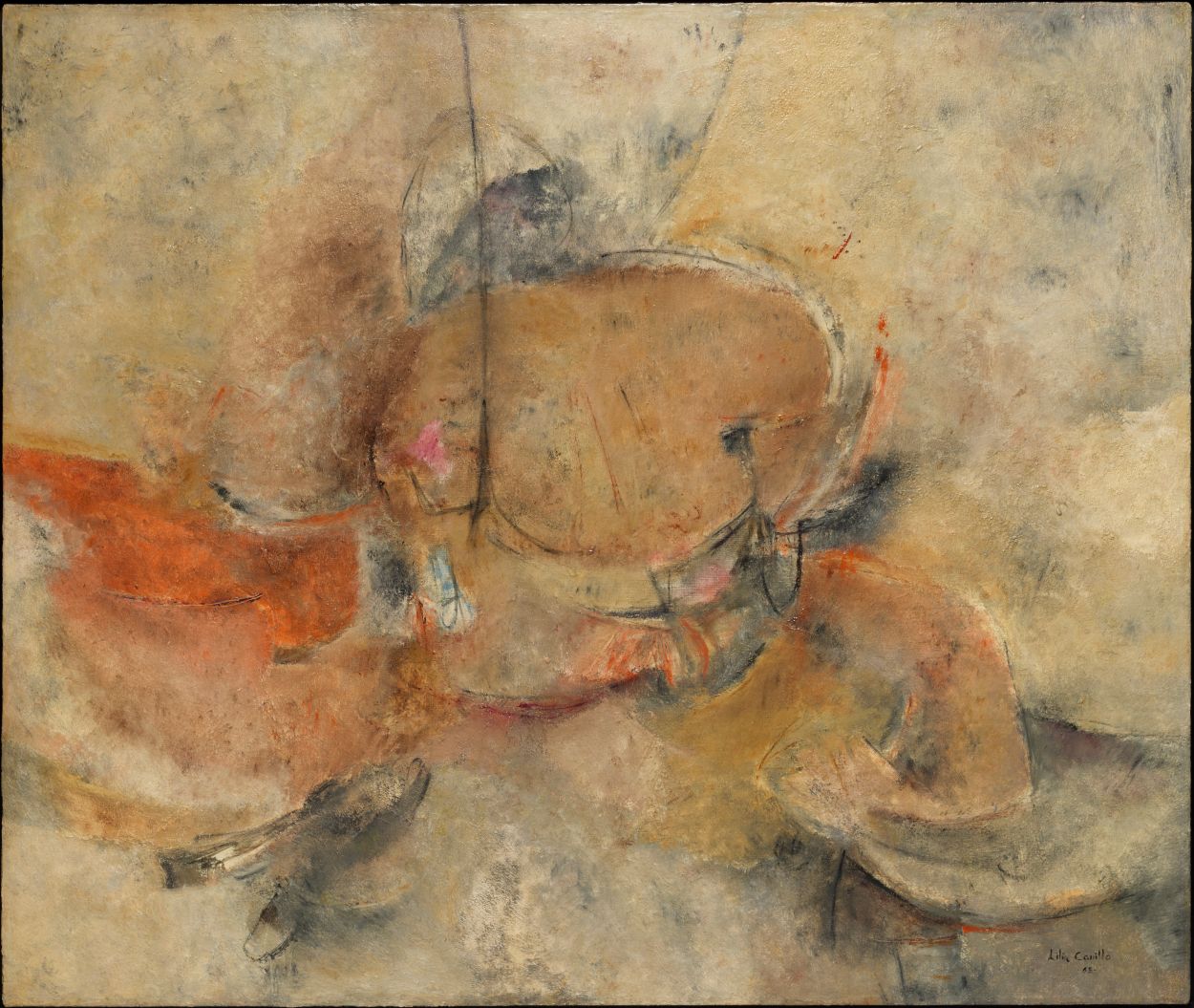Paul Shaw: "I See What Is Unique about Who I Am and Use That to Get My Voice Out There"
Paul Shaw: "I See What Is Unique about Who I Am and Use That to Get My Voice Out There"
“Everybody thinks of reggae…when they think about the Caribbean, but there's also a lot of creativity going on in art music,” said the Jamaican pianist.
AS/COA interviewed the artist. Read:
Born in Falmouth, near Montego Bay, in Jamaica, Paul Shaw’s interest in music started early in life. His mother noticed his talent and went to Woolworth, in Kingston, to buy him a toy piano.
“She was fascinated by the fact that the piano actually had black keys, because in other toy pianos back then, the black keys were just painted on,” Shaw said.
That was the start of what later came to be an acclaimed career in piano that has brought Shaw all over the world and earned him numerous awards. The musician, who teaches the next generation of pianists at the University of Minnesota School of Music in Minneapolis, is researching Caribbean art music.
He will play at Americas Society on June 9 as part of the American Composer Orchestra’s SONiC Festival. His participation is part of a program curated by the collective Puentes Caribeños and dedicated to Caribbean composers.
“Everybody thinks of reggae, everybody thinks of salsa, everybody thinks of calypso when they think about the Caribbean, but there's also a lot of creativity going on in the, for lack of a better term, art music,” he said. “One of the ways of getting one's work out there is to use one’s indigenous culture as a means of connecting to classical [music] training. It’s about figuring out what is unique about who I am and using that as a way to get my voice out there.”
As Jamaican reggae rose to international prominence while he grew up, Shaw focused on learning classical music. By age eight, he was sight-reading hymns for church services and at 16, he won the Howard Cooke Award for Excellence in Music, Jamaica’s highest classical music award in the annual Festival of the Arts competition. One of his teachers told him he would prepare him for an audition at the prestigious Juilliard School, in New York.
“I spent two years preparing myself for that,” he said.
He auditioned in 1977 and was accepted with a scholarship. That led to 10 years at Juilliard, where Shaw obtained a bachelor’s degree, a master’s, and a doctorate. After being an artist in residence at Austin College in Texas, he went to Minneapolis to join the faculty of the University of Minnesota School of Music.
“My trajectory has been focusing on my development, advancing my career, helping others by working with students and being an advocate for things that are meaningful to me,” Shaw said.
On June 9 at Americas Society, Shaw will open the program, followed by Puerto Rican flutist Nora Lee Garcia and the Bahamian ensemble C Force. Shaw will play a piece by American composer Aaron Copland and also variations on a theme by the Bahamian composer E. Clement Bethel.
“The audience will be able to compare a composer from the 1930s in America with a set of variations from the Caribbean that I think is probably one of the best set of variations and, as far as I know, the only set of variations from the Caribbean in classical music.”
Music by Caribbean composers performed by Bahamian new music ensemble C Force and Jamaican pianist Paul Shaw.










